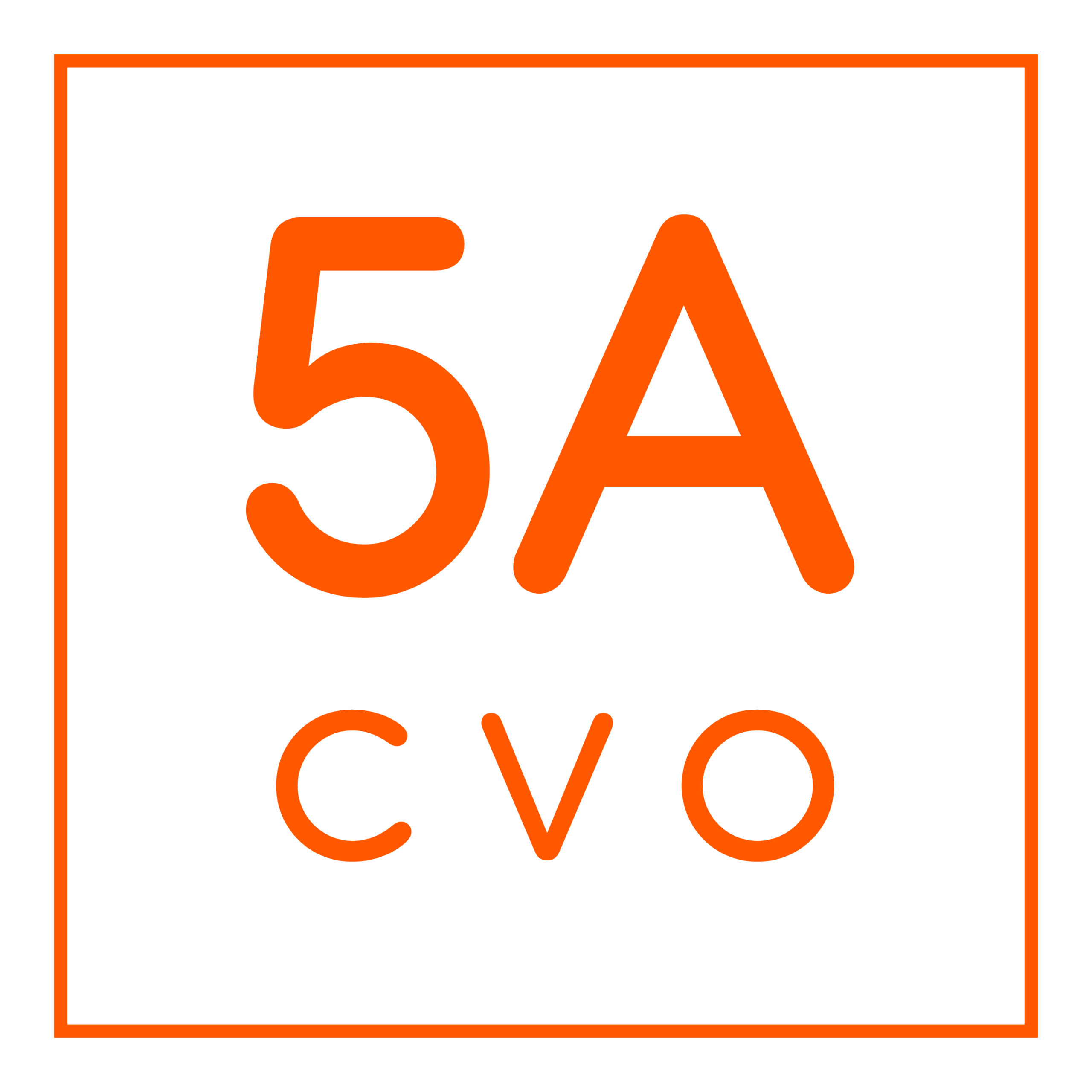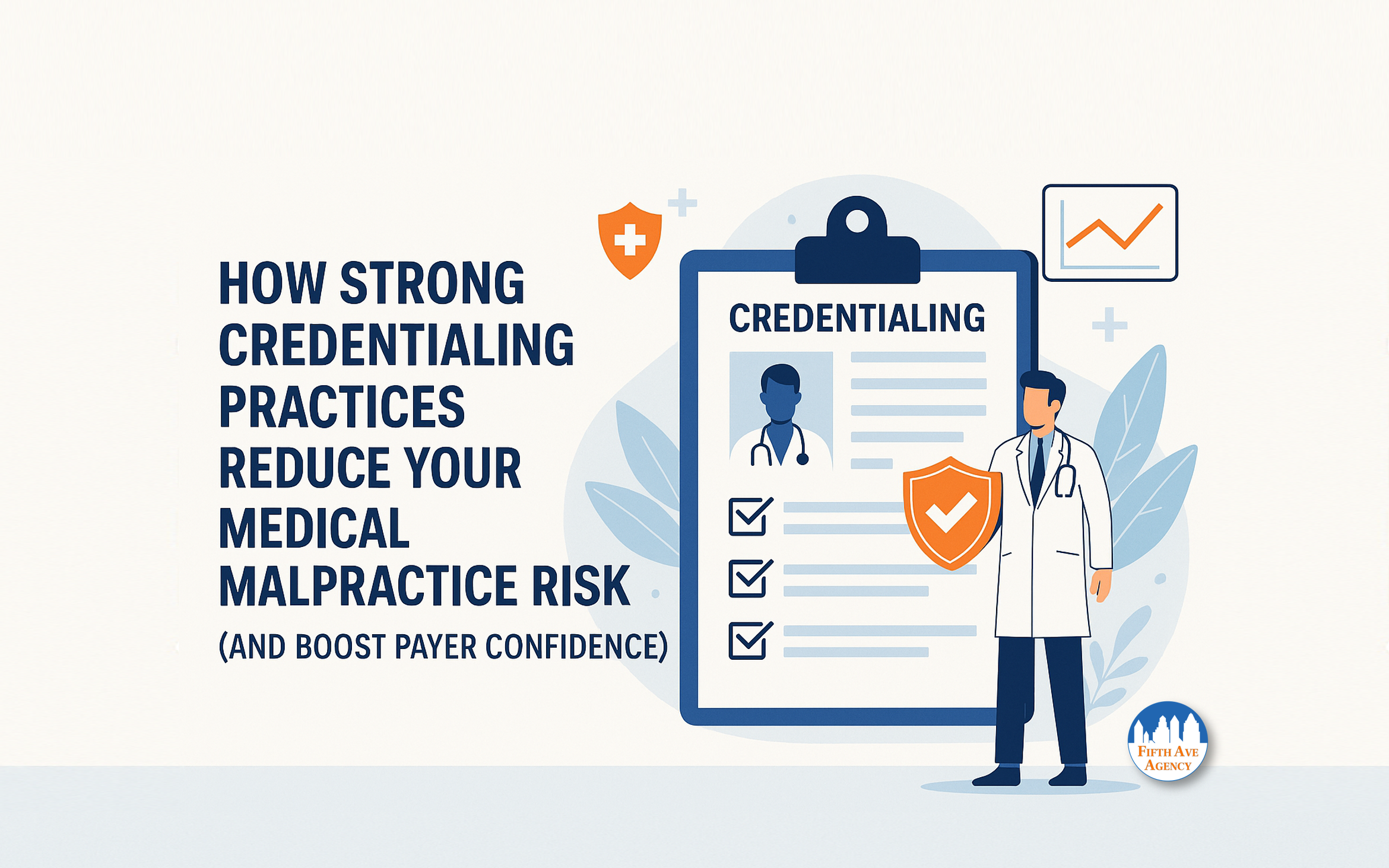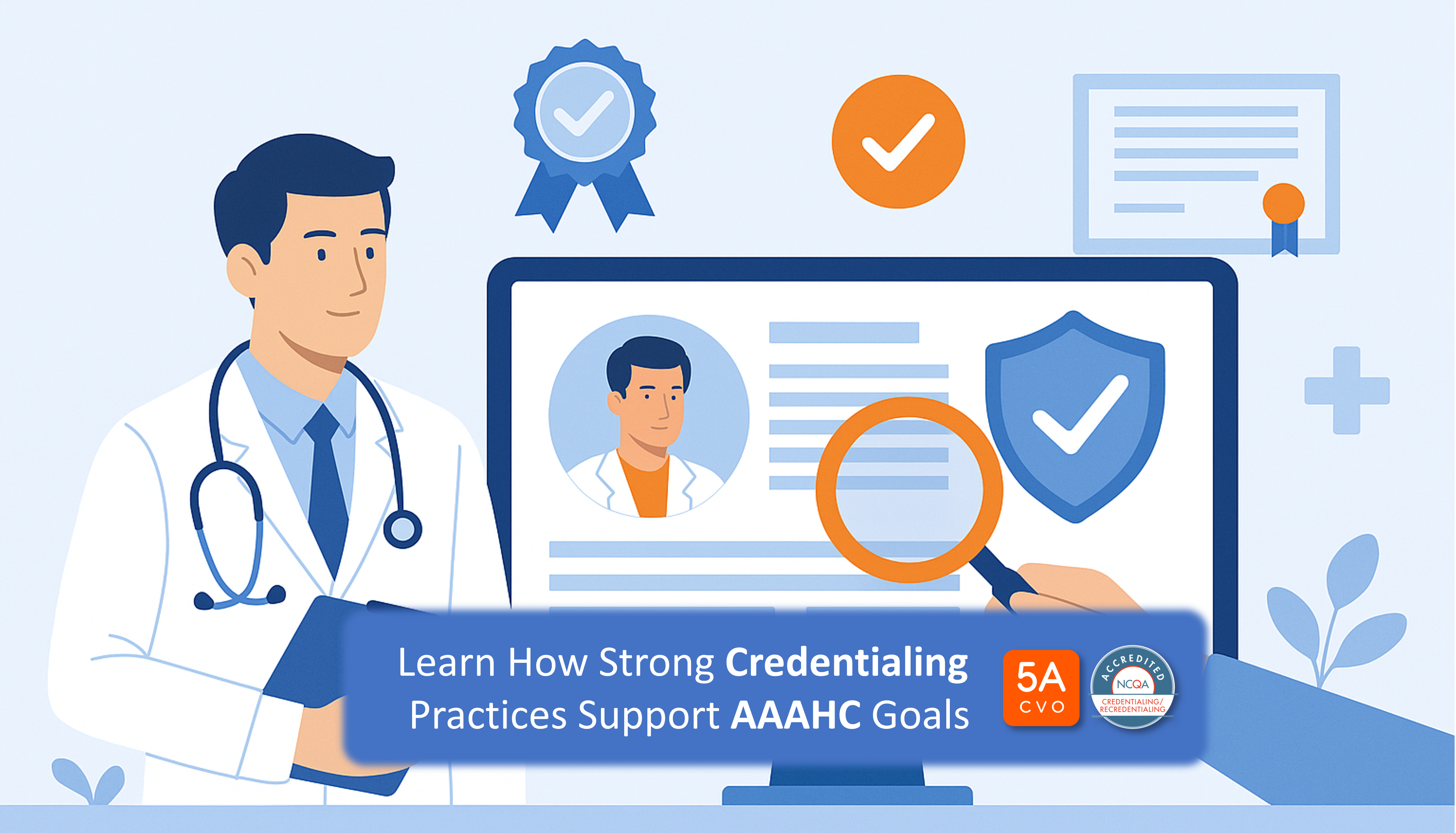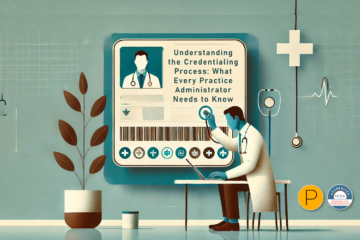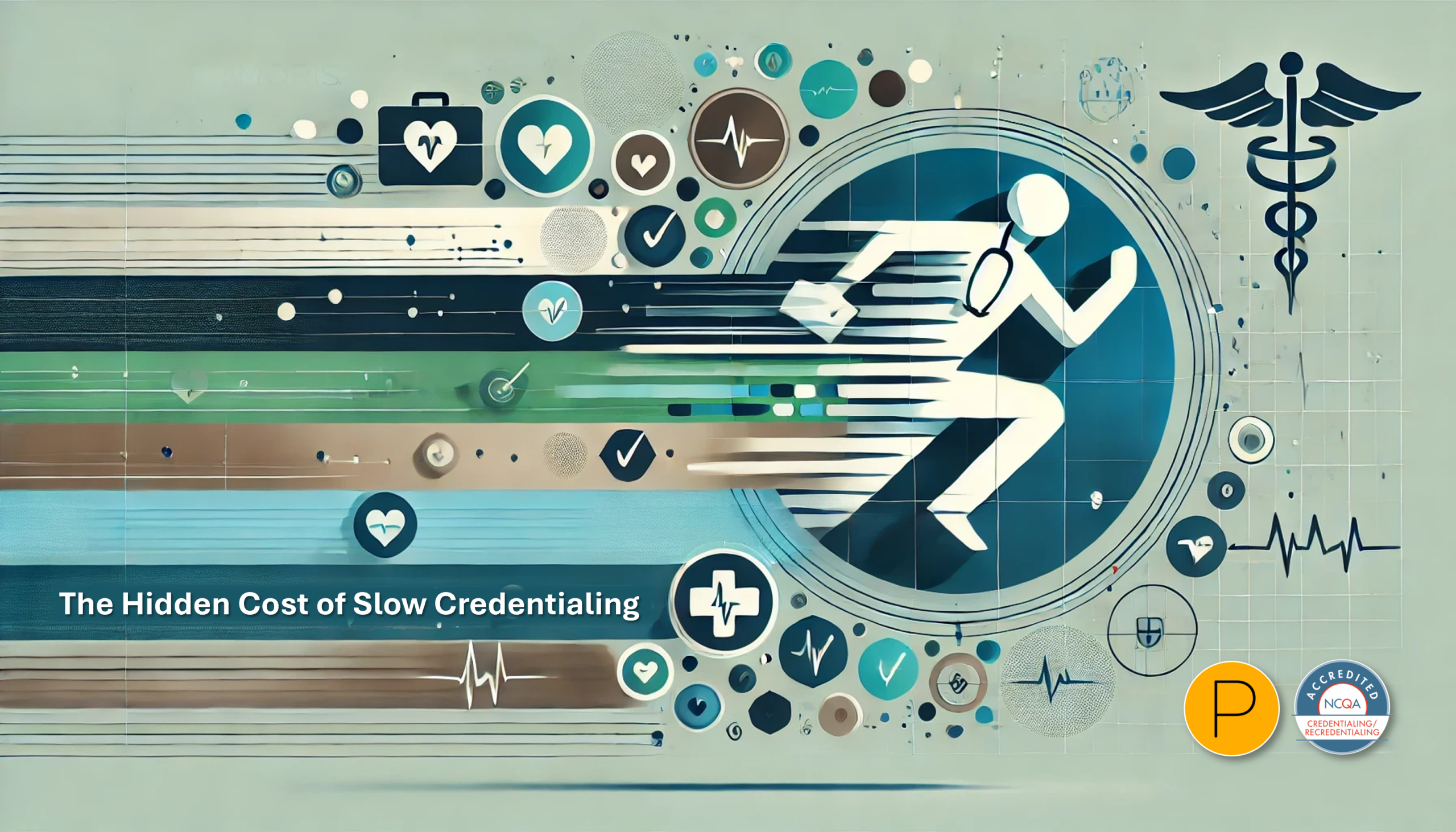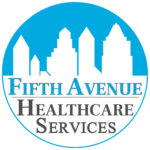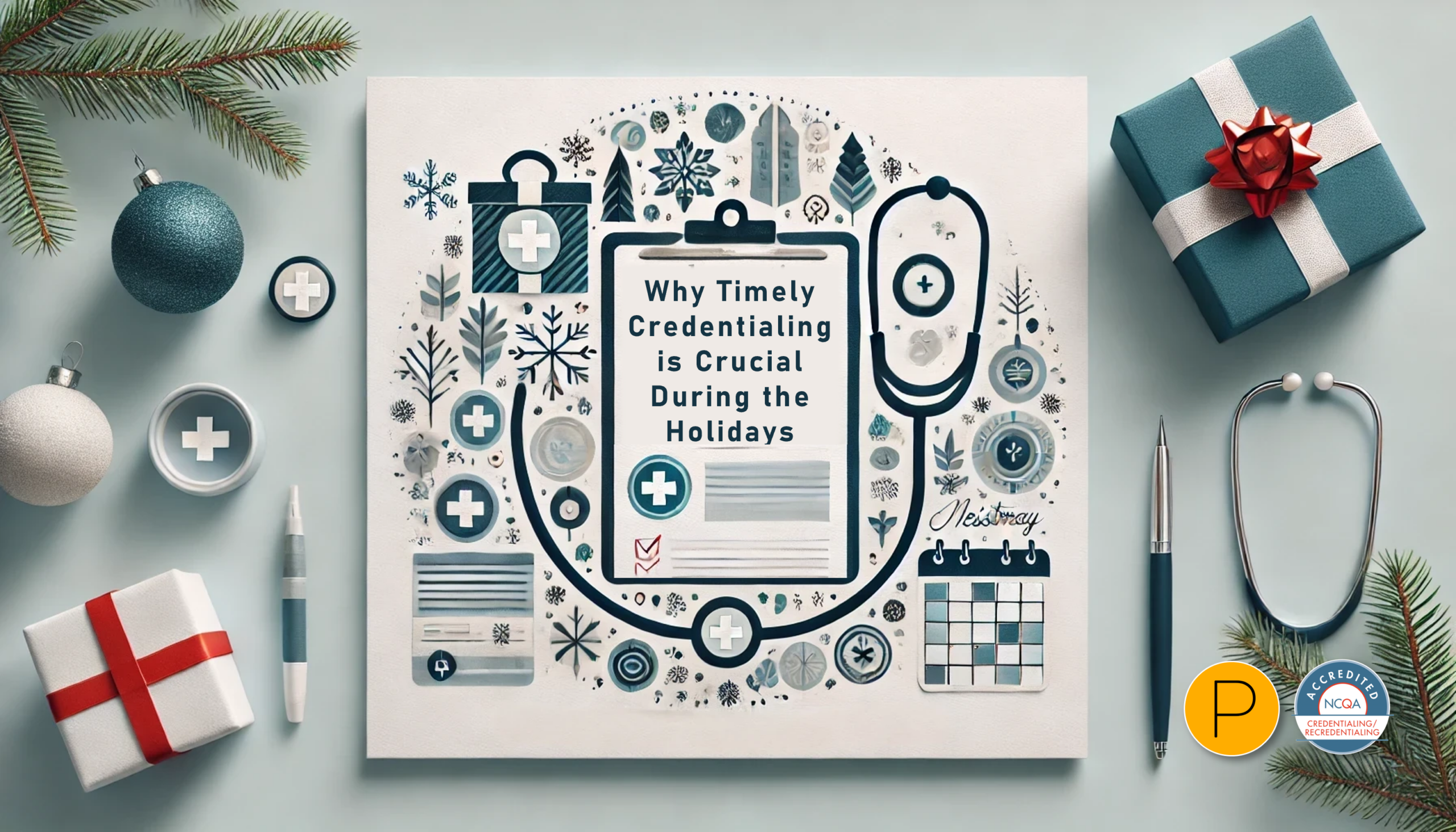For healthcare facilities, hospitals, and surgery centers, ensuring compliance and credentialing accuracy is not just a regulatory requirement; it’s critical to patient safety and operational success. Yet, when managed internally, credentialing and provider enrollment can be complex, time-consuming, and costly. Outsourcing these services to dedicated organizations like 5ACVO and Primoris Credentialing Network offers operational efficiencies, minimizes risk, and provides financial advantages through potential tax write-offs.
Note: Please consult a tax advisor, attorney, or CPA for personalized tax advice.
This article explores how 5ACVO’s credentialing services and Primoris Credentialing Network’s provider enrollment expertise help healthcare organizations optimize compliance, streamline processes, and benefit from strategic tax deductions.
1. Primary Source Verification (PSV) Services: Essential for Compliance and Potential Credentialing Tax Deductions
Primary Source Verification is a crucial aspect of credentialing, ensuring that healthcare providers’ qualifications are verified directly from the source. Outsourcing these services can significantly reduce internal administrative burdens and provide strategic financial benefits.
Key Services and Cost Examples:
- One-Time Staff Member Set-Up: An initial setup fee, which can apply to each new applicant or staff member, is essential for properly establishing credentialing records. As a necessary business cost, this fee qualifies as a potential credentialing tax deduction, as it supports operational compliance.
- Initial File Processing: Completed within 30 to 45 days, this service creates a verified credentialing file for each provider. By handling these files through outsourcing, facilities ensure thorough compliance while capturing an operational expense eligible for a tax write-off.
- Expediting Fee: When rapid processing is needed within 60 days, this expedited fee supports urgent onboarding needs. It can be treated as a professional service cost necessary for seamless patient care, which may qualify for a tax deduction.
Credentialing Tax Deduction Opportunities:
Expenses related to primary source verification credentialing services are vital for maintaining regulatory compliance, reducing risk, and enabling providers to practice efficiently. As such, these expenses can often be claimed as ordinary and necessary business costs—leading to valuable tax write-offs.
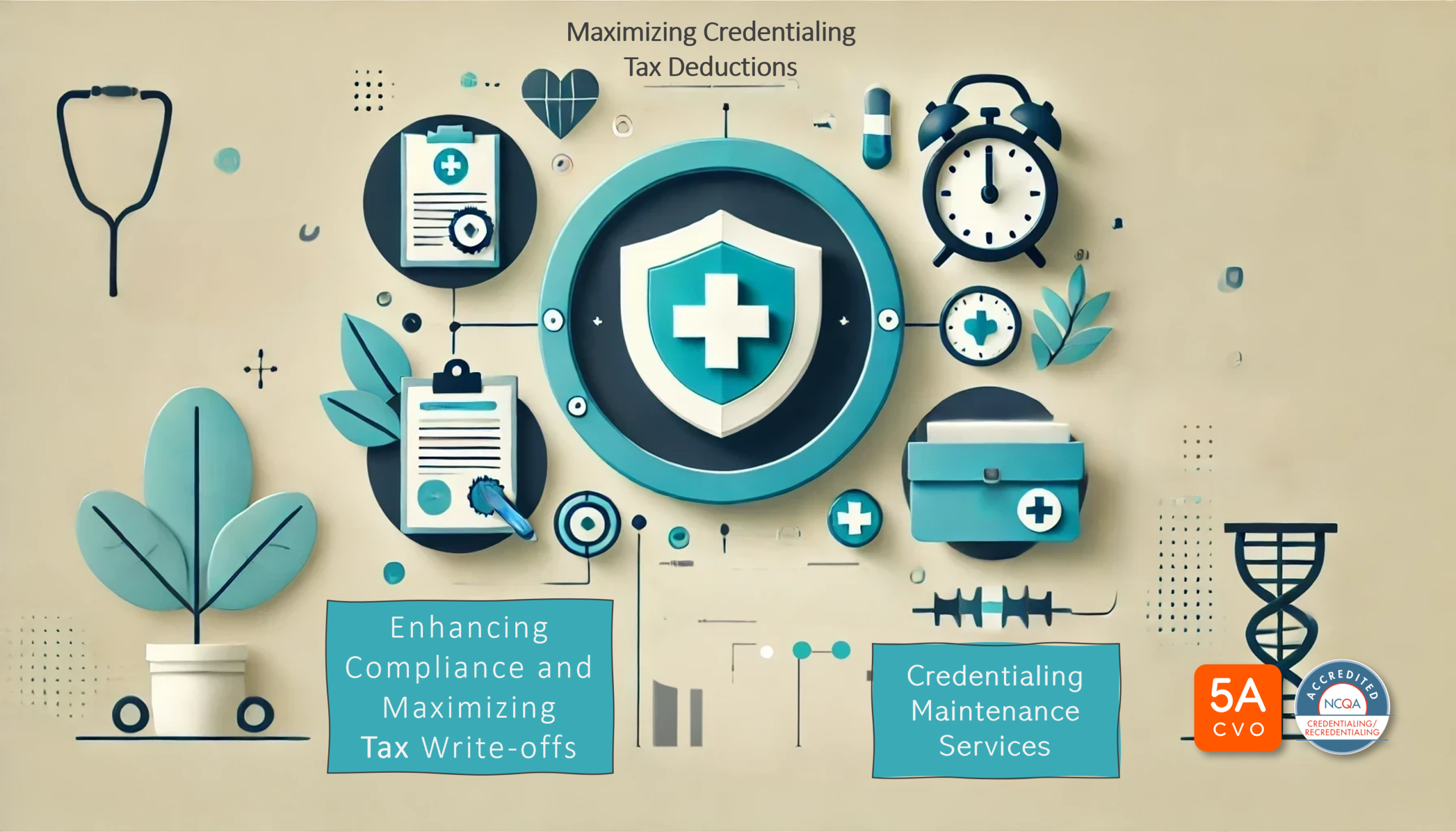
2. Credentialing Maintenance Services: Enhancing Compliance and Maximizing Tax Write-offs
Ongoing credentialing maintenance ensures that providers’ credentials remain up-to-date and compliant with payer and regulatory requirements. By partnering with 5ACVO, healthcare organizations can alleviate administrative burdens while benefiting from potential tax deductions.
Key Services and Cost Examples:
- Reappointment File Processing: Ensuring that provider credentials are revalidated in line with the facility’s schedule is critical for maintaining compliance. By outsourcing this process, facilities gain operational efficiency while qualifying for potential tax write-offs for necessary business expenses.
- 10-Year Background Check: This comprehensive check covers national and state criminal records, providing an added layer of safety and compliance. These costs may be eligible for a credentialing tax deduction, as they are essential for risk management.
- File Maintenance: Keeping expirable documents current, such as licenses and DEA registrations, ensures providers remain compliant. This ongoing expense is necessary for healthcare operations and may qualify as a business expense for tax purposes.
- Ongoing Monitoring: Regular checks of exclusion lists and NPDB queries ensure that providers are eligible to practice. Given their role in maintaining compliance and protecting patient safety, these services can serve as strategic tax write-offs.
Maximizing Credentialing Tax Deductions:
By outsourcing these critical functions, healthcare facilities can transform credentialing maintenance costs into tax-deductible business expenses, further enhancing their financial efficiency.
3. Provider Enrollment Services: Maximizing Revenue Potential and Tax Write-off Opportunities
Enrolling providers in payer networks is essential for generating revenue and maintaining patient access to care. Delays in enrollment can lead to revenue disruptions, making it critical to streamline this process.
Key Services and Cost Examples:
- Provider Plan Enrollment: Ensuring that providers are enrolled with necessary payers is crucial for billing and reimbursement. This service is an operational expense, positioning it as a potential credentialing tax deduction.
- Entity Fee: These fees apply per Tax Identification Number (TIN) and cover all necessary processes for payer participation. The investment supports billing operations, which may qualify as a strategic tax write-off.
- Ad Hoc Services (e.g., Medicare/Medicaid applications, EFT updates): Specialized enrollment needs are addressed through these services, helping providers stay up to date with payer requirements. Such costs can often be claimed as professional service expenses, contributing to potential tax write-offs.
Tax Write-off Potential for Provider Enrollment Services:
Costs associated with provider enrollment are crucial to revenue generation, making them eligible for tax deductions. Facilities can optimize their tax strategy by classifying these expenses as ordinary and necessary business expenses.
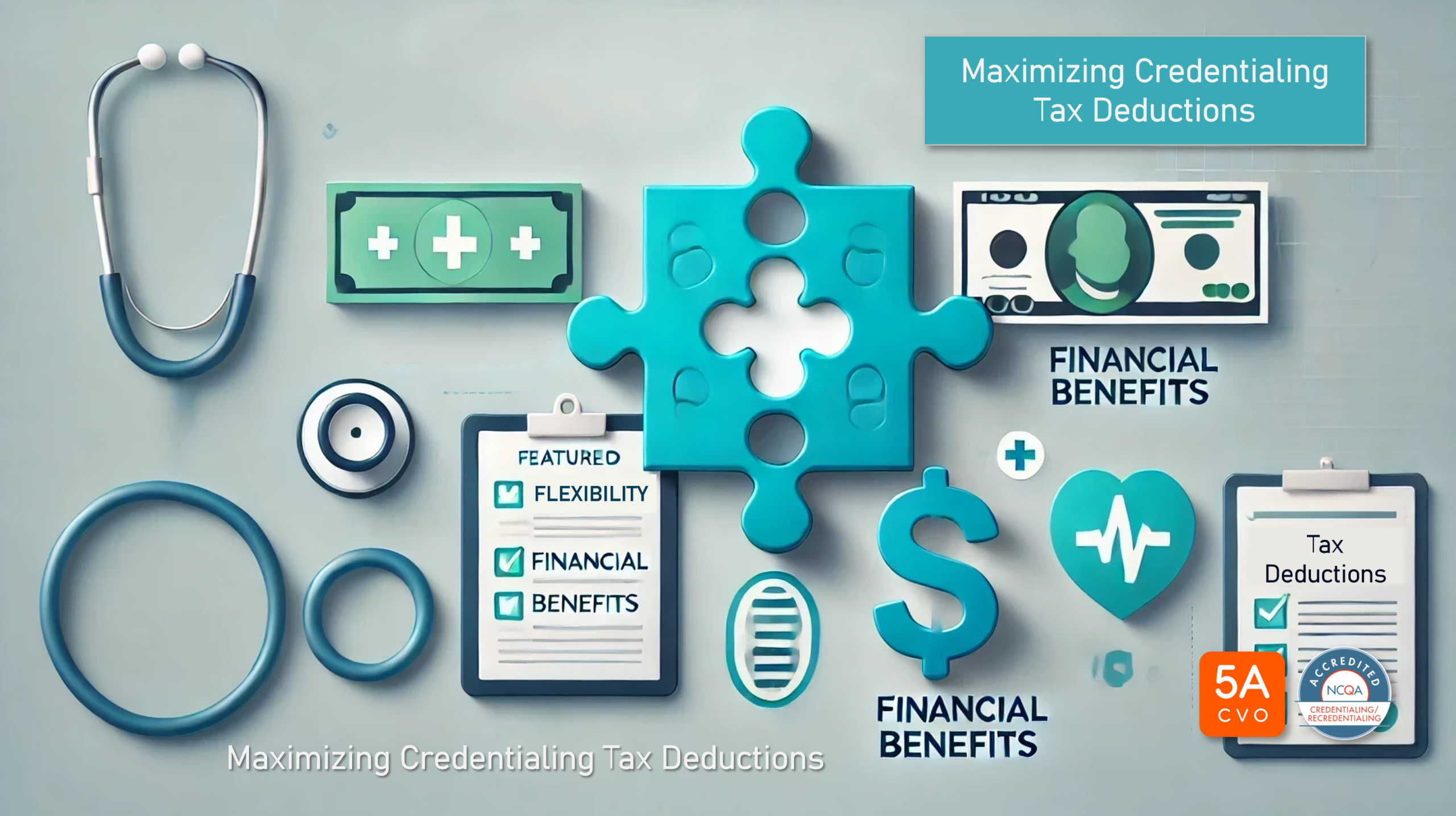
4. Ad Hoc Credentialing Services: Flexibility and Financial Benefits
In a fast-paced healthcare environment, unique credentialing needs often arise. 5ACVO’s ad hoc services offer flexibility, ensuring healthcare organizations comply with evolving payer and regulatory requirements.
Key Services and Cost Examples:
- Medicare/Medicaid Applications: These applications are necessary for providers to bill federal programs, enhance revenue potential, and serve as deductible business expenses.
- Medicare/Medicaid Reactivation and Medicare Revocation Appeals: Reactivation and appeals require precision to avoid revenue interruptions, making these services strategic investments in operational stability.
Strategic Tax Write-off Opportunities:
Ad hoc credentialing services can often be classified as professional service fees, enabling healthcare facilities to reduce taxable income through tax write-offs.
Conclusion: Leveraging Credentialing Tax Deductions by outsourcing credentialing to a CVO
In today’s highly regulated and competitive healthcare environment, efficient credentialing is more than an administrative necessity; it is a strategic imperative. Outsourcing credentialing and provider enrollment to a CVO such as 5ACVO offers healthcare facilities, hospitals, and surgery centers a wide range of benefits beyond compliance.
Organizations can focus more on their core mission: delivering exceptional patient care by shifting the burden of primary source verification, reappointment file processing, ongoing monitoring, and provider enrollment to a dedicated partner.
The financial advantages of working with 5ACVO extend beyond operational efficiency and compliance. Every expense incurred for credentialing services—from initial file processing and background checks to ongoing monitoring and provider enrollment—can be a potential credentialing tax deduction. These deductions help lower taxable income and optimize a facility’s financial health, creating a strategic tax write-off opportunity that further amplifies the value of outsourcing.
Furthermore, 5ACVO’s flexible and comprehensive approach to credentialing provides peace of mind. With services tailored to meet specific regulatory and payer requirements, healthcare facilities can reduce the risk of non-compliance, improve the speed of provider onboarding, and enhance revenue cycles by ensuring timely payer enrollment. Leveraging ad hoc services, such as Medicare/Medicaid applications or revocation appeals, ensures that every unique need is met with expertise and precision—mitigating risks and ensuring continuous revenue generation.
In addition, by transforming complex credentialing processes into deductible business expenses, organizations achieve compliance and maximize their financial performance. This dual benefit—operational efficiency coupled with financial optimization—positions 5ACVO as a strategic partner for any healthcare organization seeking sustainable growth.
In summary, partnering with an NCQA Credentialing Accredited CVO such as 5ACVO is more than a cost-saving measure; it is a comprehensive strategy to enhance compliance, optimize revenue, and leverage tax write-offs through credentialing tax deductions. By investing in 5ACVO’s services, healthcare facilities can streamline administrative processes, reduce risk, and unlock significant financial value—all while delivering better patient outcomes.
Call to Action:
To learn how 5ACVO can transform your credentialing processes, improve compliance, and provide valuable tax write-off opportunities, visit our website at 5ACVO.com or contact us today.
More information about 5ACVO
5ACVO is NCQA Credentialing Accredited, specializing in credentialing and primary source verification, and is part of the Fifth Avenue Healthcare Services family. 5ACVO sister companies include Fifth Avenue Agency (MPLI and medical malpractice insurance specialists) and Primoris Credentialing Network (credentialing and provider enrollment specialists with 54+ health plan and network provider enrollment options).
For more information on 5ACVO, please visit 5ACVO.com or Contact Us.
Disclaimer: This article is for informational purposes only and does not constitute tax advice. Readers should consult their tax advisor, attorney, or certified public accountant (CPA), such as Anders CPAs, for accurate and current tax advice tailored to their circumstances.
